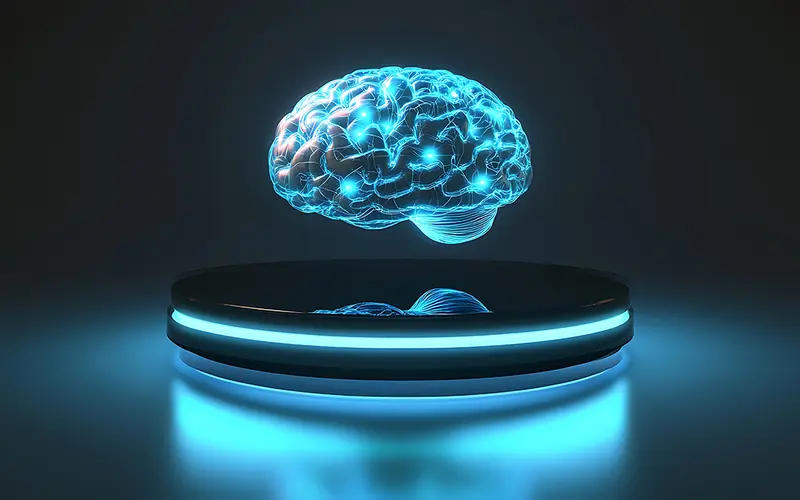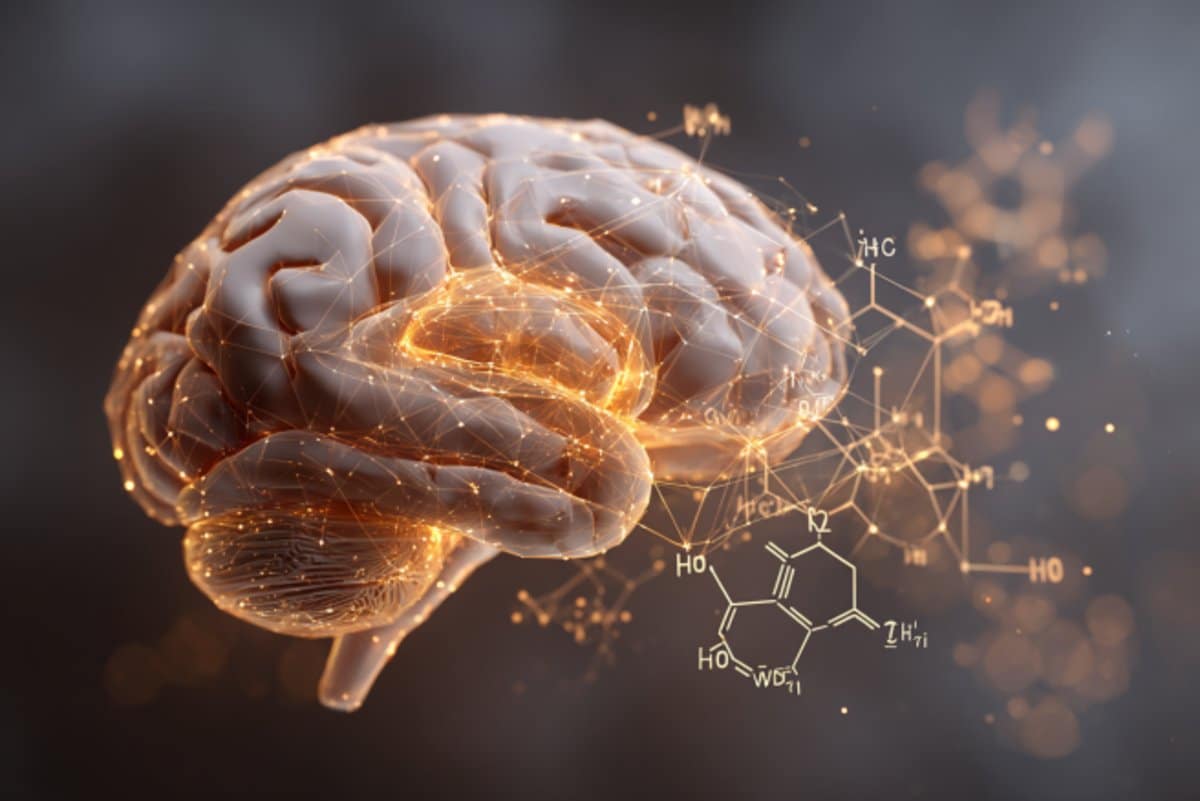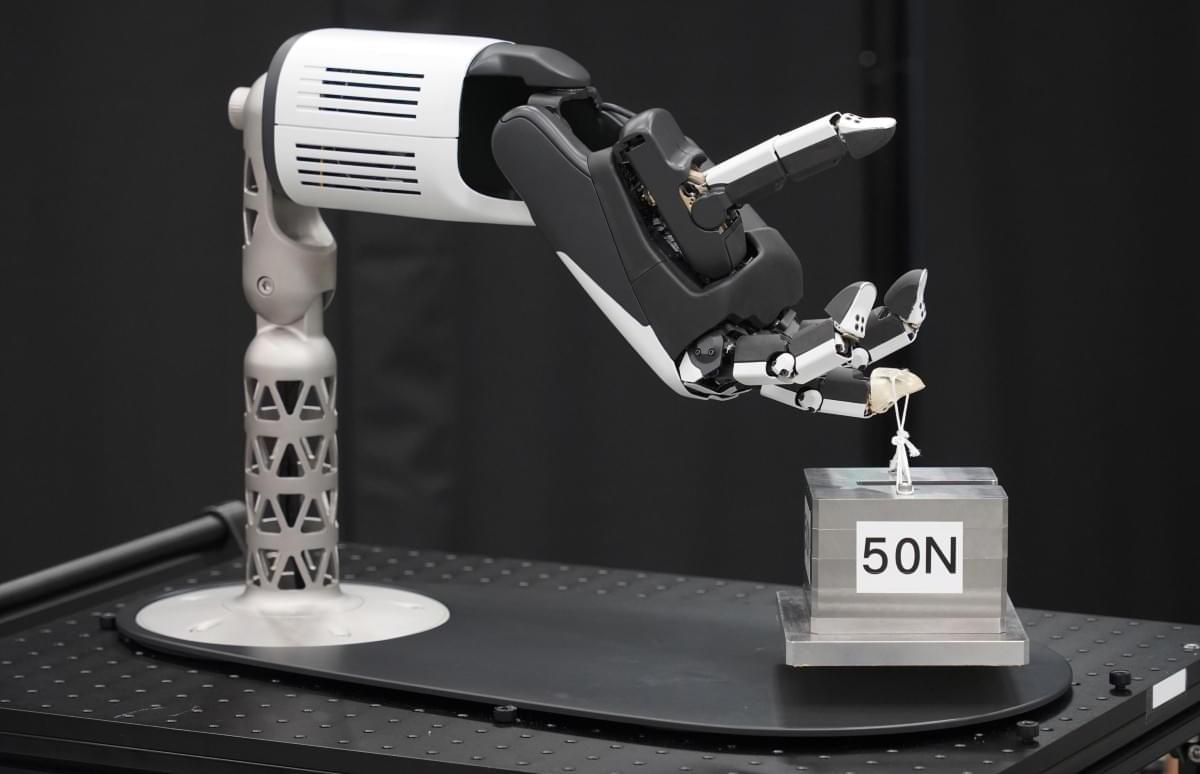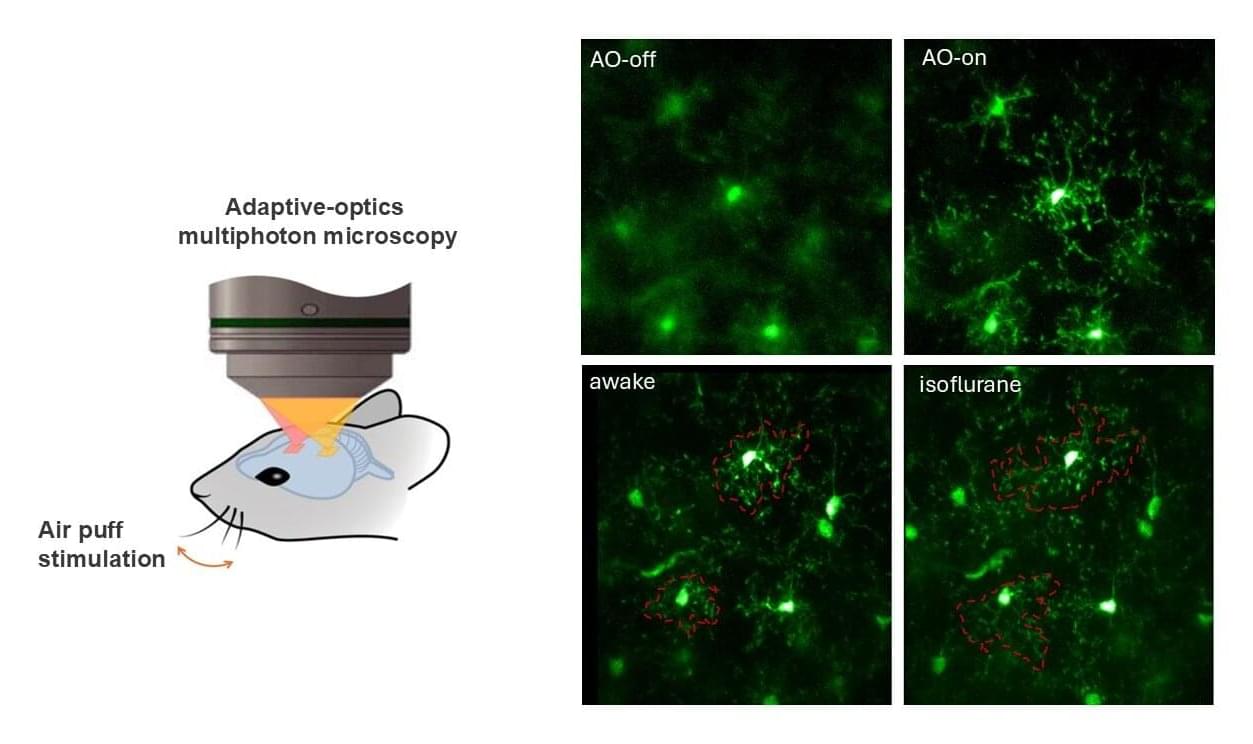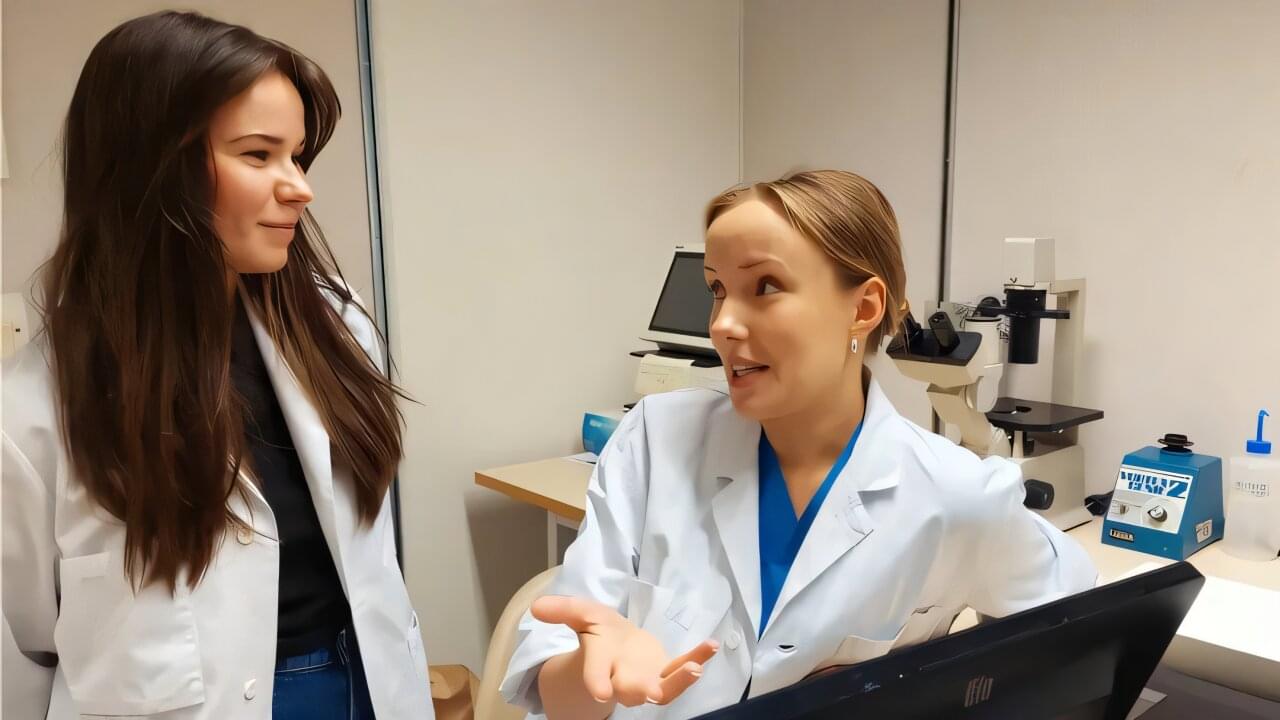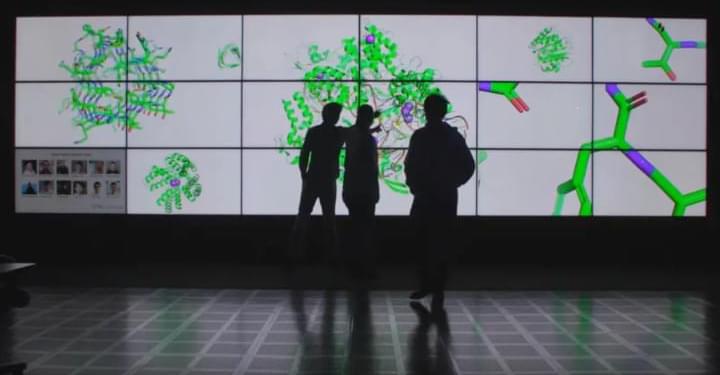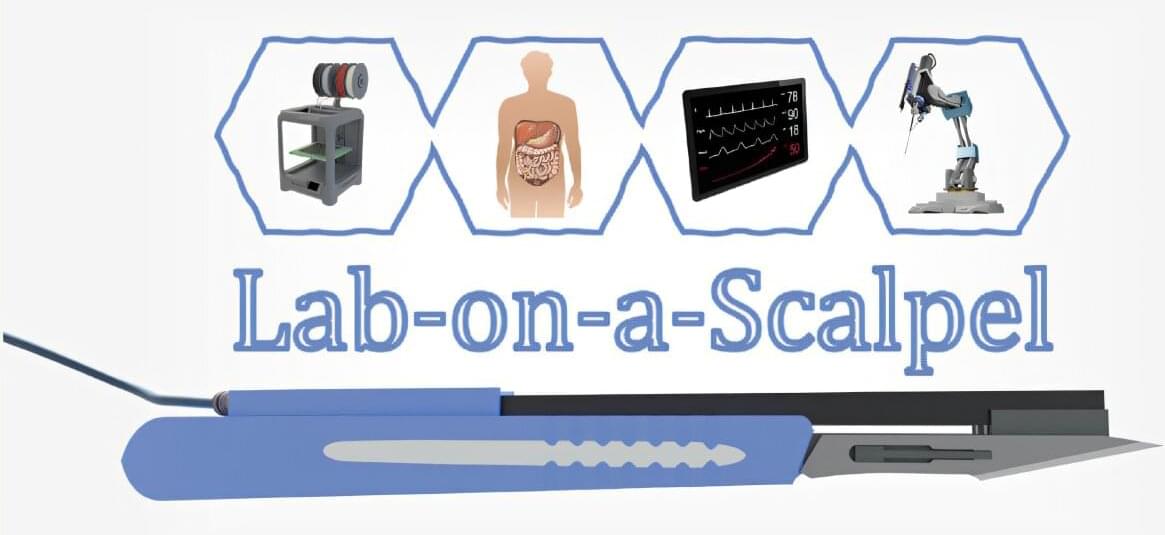The sperm is not a passive supplier of genetic material to the egg. A study from Linköping University, Sweden, shows that certain molecules that come with the sperm, so-called micro-RNA, contribute to the development of the embryo several days after conception. The findings, published in the journal Nature Communications, may in the long term, contribute to better diagnosis and treatment of involuntary childlessness.
“It seems that sperms can help with embryo development by bringing other molecules with them, in addition to DNA. These molecules aid in starting embryo development. So you can say that the sperm, or the male part of conception, has a greater significance than was previously understood,” says Anita Öst, professor of cell and molecular biology at Linköping University, who led the study.
Many couples are affected by involuntary childlessness, or infertility. About one in six people suffer from infertility. For some, it is possible to become pregnant through what is known as in vitro fertilization, IVF, which takes place outside the body. The fertilized eggs are then transferred to the uterus and hopefully lead to pregnancy. Embryo quality is one of the major limiting factors for successful IVF treatment. Improved early embryo quality assessment could increase chances that IVF treatment leads to pregnancy.
